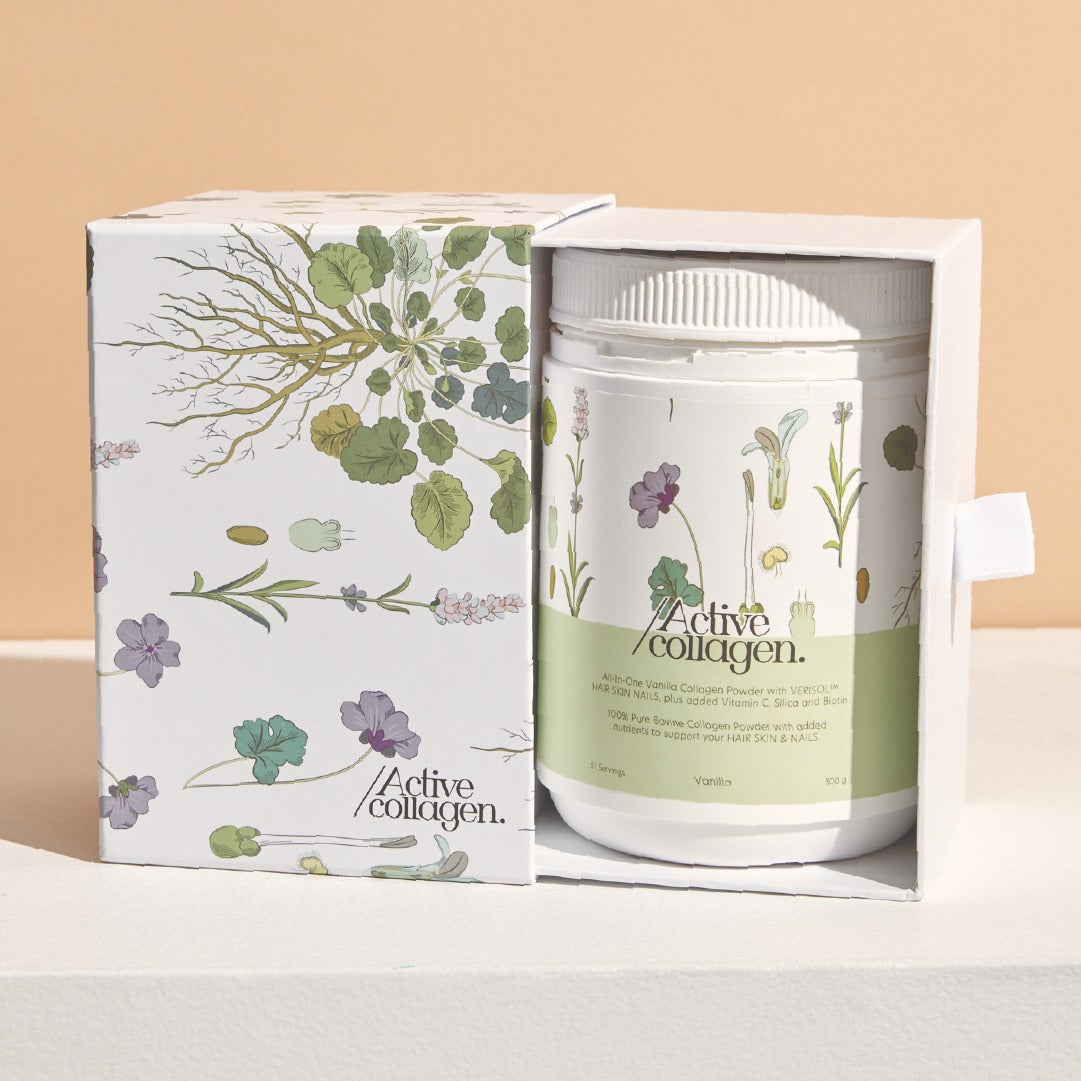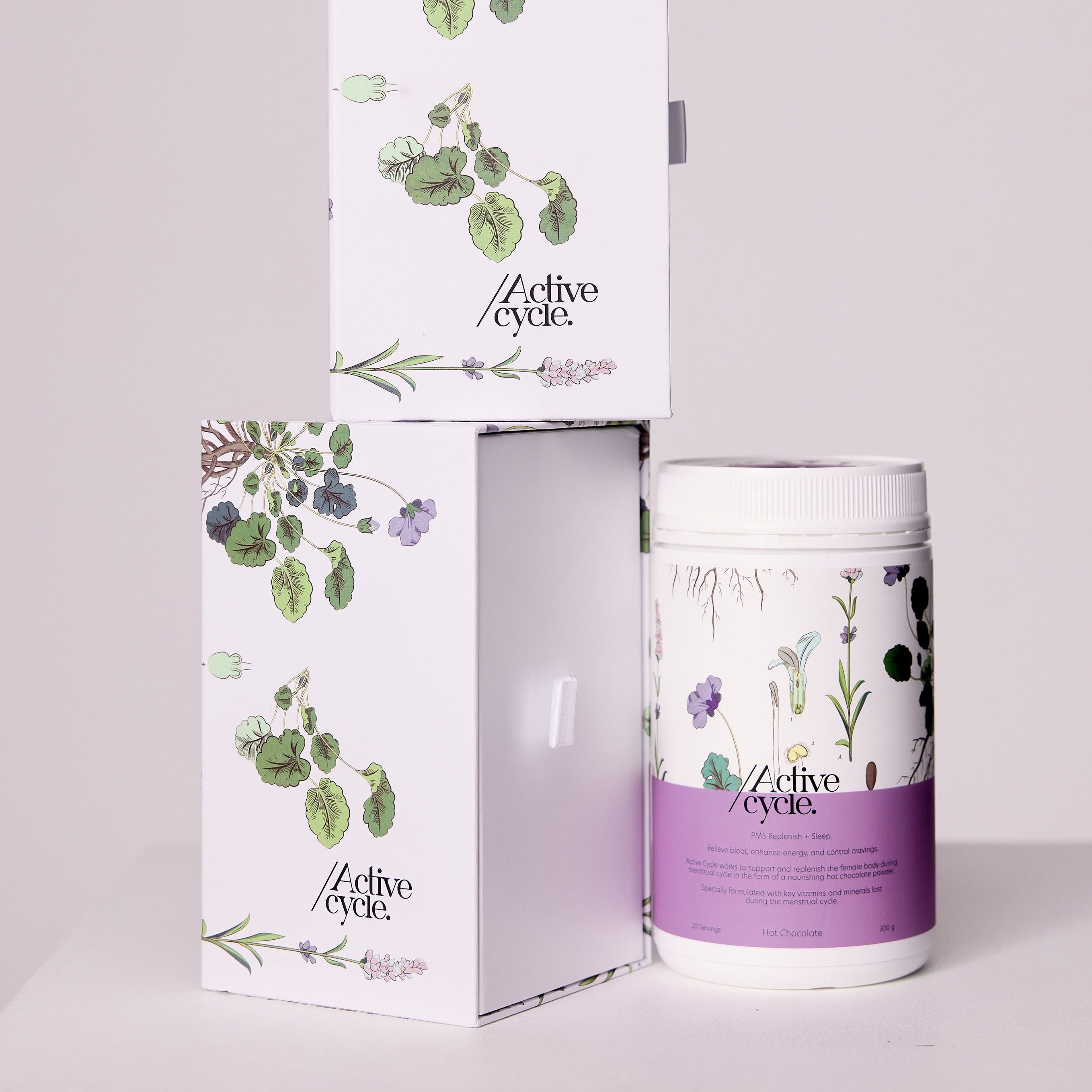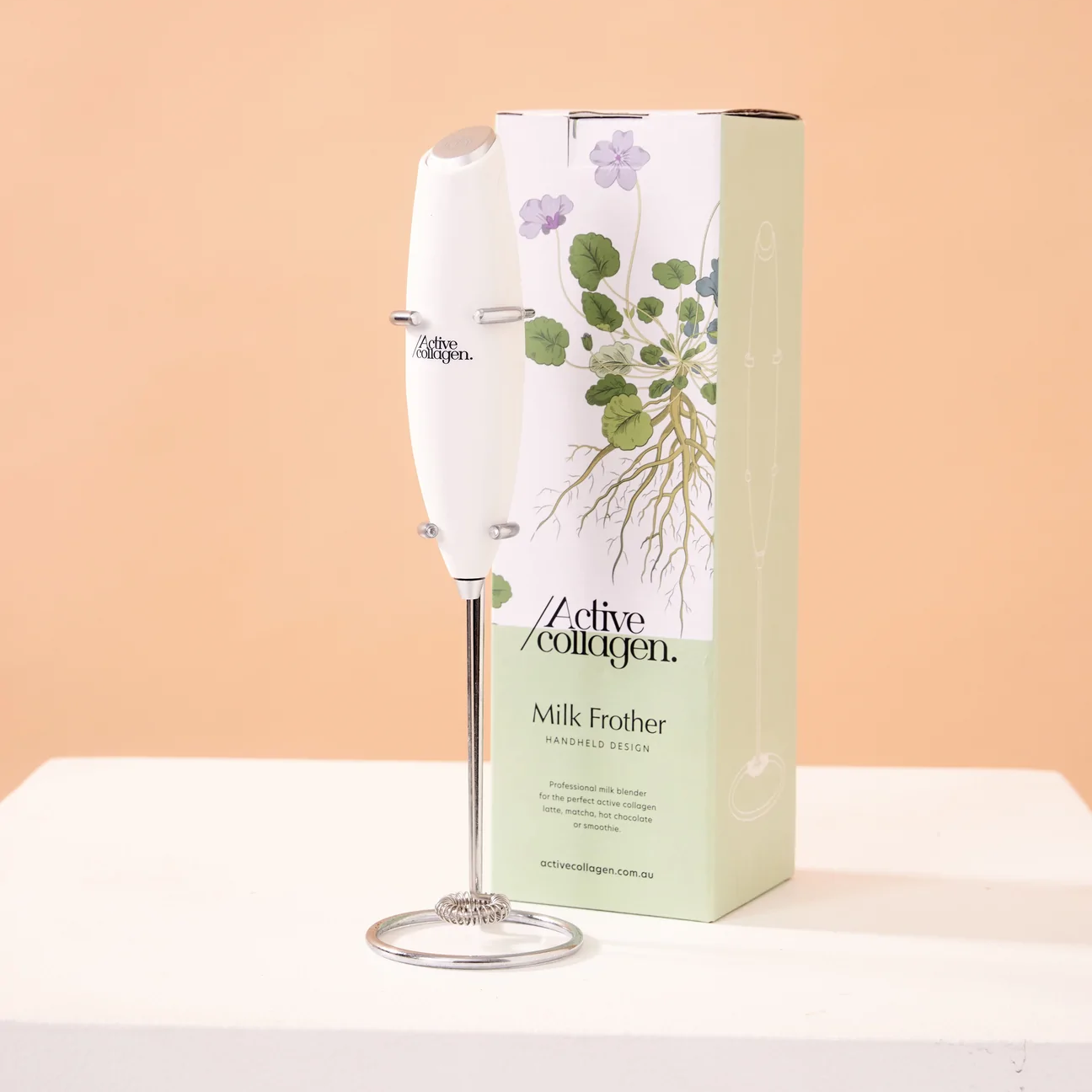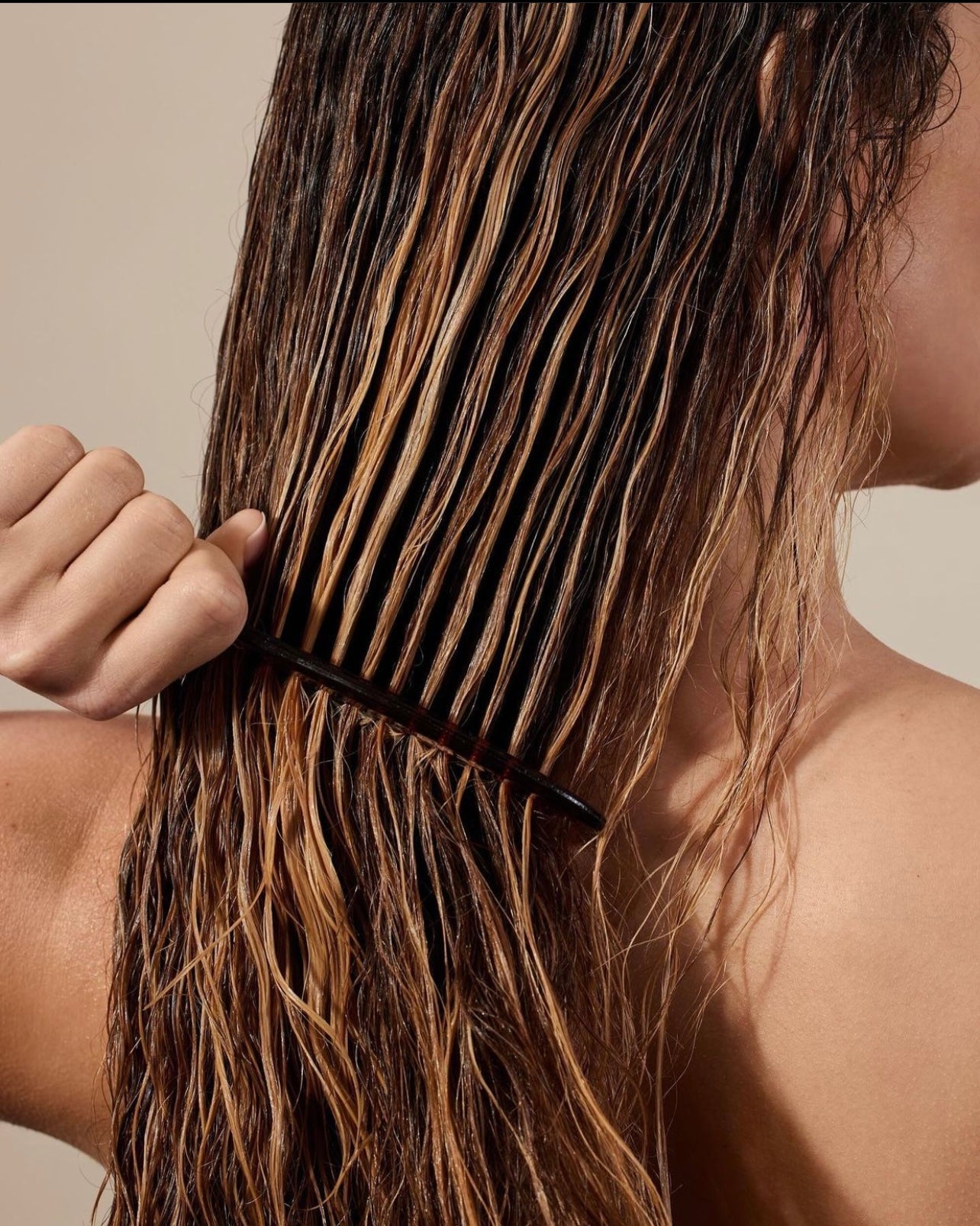Healthy hair is a sign of a healthy body. Keeping a healthy head of hair goes far beyond what types of products you’re using. It also comes down to the state an individual is in nutritionally.
The abundance and condition of hair are all impacted by macronutrient intake, vitamin and mineral levels and getting enough calories. These all promote the growth of healthy hair, as well as our skin and nails.
Are you noticing more hair falling out than usual or it easily breaks? This might be a sign of a nutritional deficiency.
Energy
We know that hair loss can be a sign of stress, but did you know that for your body to prioritise hair growth it needs the right amount of energy? Because the hair follicle is a tissue of high growth activity in the body it requires a lot of energy. Energy needs are different for everyone, so it is vital you are addressing any malnutrition or dietary restriction when struggling with hair health.
Nutrient Density
If you’re going to count anything, count nutrients! Though it’s important you are getting enough energy, prioritising the nutritional value of your food goes a long way. Micronutrients such as vitamin A, B, C, D, E, iron, selenium and zinc are essential for hair health and are easily acquired through a wholefood diet. Nutrient dense foods are those with the highest amount of nutrients – protein, fibre and an assortment of vitamins and minerals. Foods such as eggs, wild caught oily fish, bone broth, nori and probiotic rich foods (yogurt, sauerkraut, kefir) are all highly nutrient dense and basically natures multivitamin.
Iron
Having an iron deficiency – especially for females – often coincides with hair loss. As women lose iron through monthly menstruation optimal iron levels need to be kept in check. Include iron rich foods such as grass-fed meats, legumes, eggs, fish, nuts and leafy greens alongside vitamin C rich foods such as citrus, tomatoes and broccoli for ideal uptake. It is recommended that all menstruating women take a bioavailable iron supplement – one that is most available for your body to use - such as iron bisglycinate to increase iron levels.
Protein Malnutrition
Protein is a major component of our hair. Our hair is made up of mainly keratin therefore getting enough protein through diet is critical to produce healthy hair. Protein malnutrition causes hair fragility, weakness and loss. Be sure you’re eating enough protein daily, around 50g per day for the average woman, by eating meals that contain a good source and amount of protein. Eating protein at every meal is the best solution without having to get caught up in the numbers.
The amino acids that make up proteins are what’s really important for keratin production, especially lysine. Active Collagen All-In-One contains 18 different amino acids, including lysine, which will complement your intake of wholefoods for supporting healthy hair growth and give you peace of mind that you are getting what you need.
Trüeb R. M. (2021). "Let Food be Thy Medicine": Value of Nutritional Treatment for Hair Loss. International journal of trichology, 13(6), 1–3. https://doi.org/10.4103/ijt.ijt_124_20
Lonnie, M., Hooker, E., Brunstrom, J. M., Corfe, B. M., Green, M. A., Watson, A. W., Williams, E. A., Stevenson, E. J., Penson, S., & Johnstone, A. M. (2018). Protein for Life: Review of Optimal Protein Intake, Sustainable Dietary Sources and the Effect on Appetite in Ageing Adults. Nutrients, 10(3), 360. https://doi.org/10.3390/nu10030360
Almohanna, H. M., Ahmed, A. A., Tsatalis, J. P., & Tosti, A. (2019). The Role of Vitamins and Minerals in Hair Loss: A Review. Dermatology and therapy, 9(1), 51–70. https://doi.org/10.1007/s13555-018-0278-6
Name, J. J., Vasconcelos, A. R., & Valzachi Rocha Maluf, M. C. (2018). Iron Bisglycinate Chelate and Polymaltose Iron for the Treatment of Iron Deficiency Anemia: A Pilot Randomized Trial. Current pediatric reviews, 14(4), 261–268. https://doi.org/10.2174/1573396314666181002170040
Drewnowski, A., Dwyer, J., King, J. C., & Weaver, C. M. (2019). A proposed nutrient density score that includes food groups and nutrients to better align with dietary guidance. Nutrition reviews, 77(6), 404–416. https://doi.org/10.1093/nutrit/nuz002




